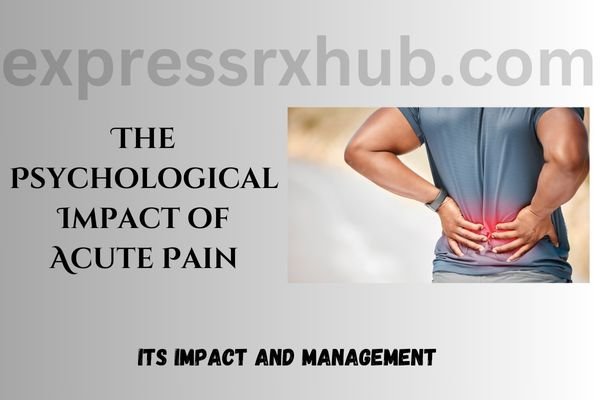
The Psychological Impact of Acute Pain: Anxiety, Stress, and Depression
Acute pain, while typically a short-term experience, can have significant psychological consequences that extend far beyond the physical discomfort it causes. For many individuals, the mental and emotional toll of acute pain can be just as debilitating, leading to anxiety, stress, and even depression. Understanding the psychological impact of acute pain is critical for both patients and healthcare providers to manage and improve overall well-being.
What Is Acute Pain?
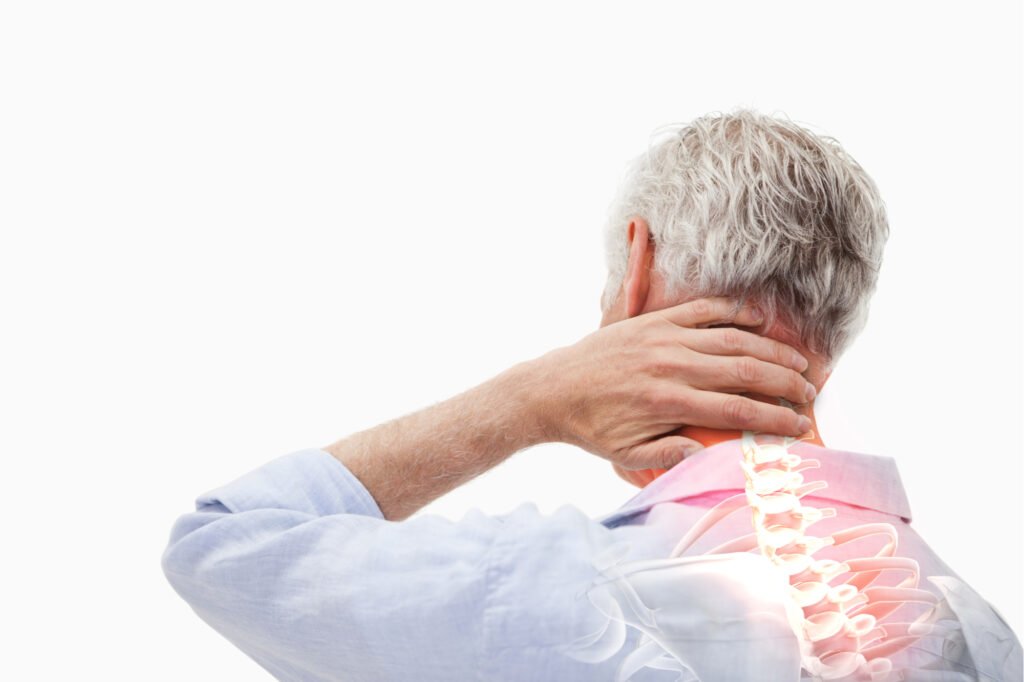
Acute pain is the kind of pain that occurs suddenly and is usually related to a particular injury, illness, or medical procedure. It is different from chronic pain because it does not last for a long time. Acute pain tends to resolve when the cause of the pain is treated or healed. Some of the conditions that can cause acute pain include a sprained ankle, a dental procedure, or a surgery. The experience of acute pain, though transitory, is overwhelming, and its effects extend beyond the experience of physical pain.
Impact of Acute Pain on Mental Health
Acute pain is mostly caused by an issue in the body, but its psychological impact can be significant. The mind and body are very interdependent, and when the body experiences pain, the mind usually does too. This is how acute pain may lead to anxiety, stress, and depression:
- Anxiety: Fear of the Unknown
Acute pain typically elicits anxiety, especially if it’s related to injury, surgery, or a sudden medical condition. It is then that the sudden appearance of pain can make individuals anxious and fearful about their condition and whether it could be worse. For instance, an individual experiencing acute back pain might be anxious about being disabled permanently or suffering some long-term damage. The uncertainty and fear then heighten the sense of anxiety.
Pain also increases the susceptibility of an individual to pain in the future. Patients may become overcautious, dreading the fact that every movement or activity will lead to more pain. The cycle of expectation and fear increases anxiety, and it becomes even more difficult to concentrate on recovery.
- Stress: Emotional and Physical Strain
Stress is also one of the prevailing psychological effects of acute pain. Pain may be much of an emotional and body strain, resulting in hyper-cortisol levels, or the body’s primary form of stress hormone. Prolonged periods of people in pain mean a higher incidence of mental frustration. As if this was not a burden enough, they keep on being placed in a world of tension with no going out.
It is impossible to manage daily activities when in pain. Either it is missing work, not being able to carry out routine tasks, or feeling like you are burdening family members, the outer pressures of life can only add to the stress. Frustration at not being able to function normally can lead to an increase in the emotional stress levels, thus making the situation even more distressing.
- Depression: The Emotional Toll of Chronic Suffering
In many cases, individuals with prolonged or recurrent acute pain may become depressed from the ongoing psychological impact of their pain. The chronic pain cycle of psychological impairment is a major contributing factor to the sense of hopelessness and helplessness. An individual in pain will often perceive themselves to be caught in this vicious cycle, which, over time, can take on a life of depression.
Common signs of depression triggered by acute pain include:
1. Loss of interest in activities once enjoyed.
2.Feelings of isolation or withdrawal from social interactions
3.Trouble sleeping or sleeping too much
4.Persistent sadness, hopelessness, or worthlessness
While acute pain usually subsides after a period, repeated bouts of pain can increase the risk of developing depression over time. The emotional fatigue from constantly battling pain can weigh heavily on an individual’s mental health.\
How to Manage the Psychological Impact of Acute Pain
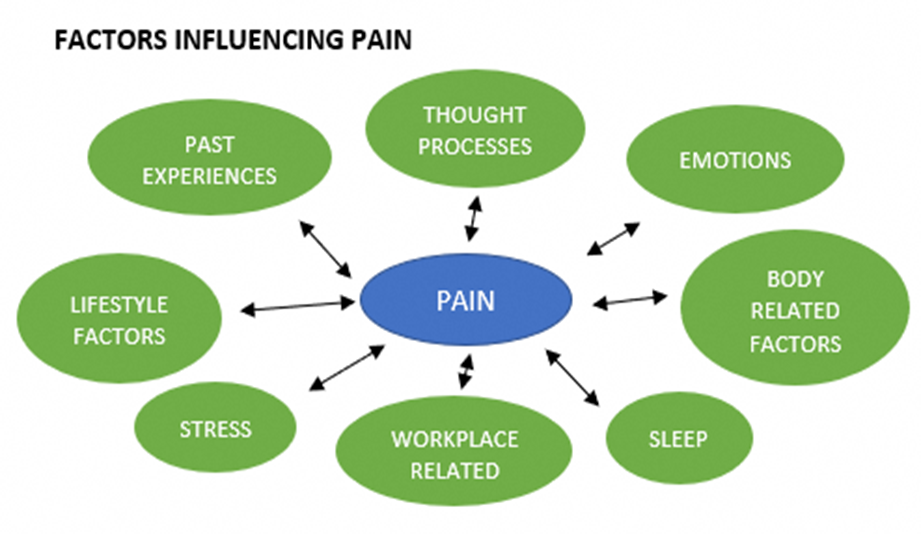
Good news: The psychological effects of acute pain can be well managed. The handling of the physical and emotional aspects of pain can create a holistic approach to healing.
- Mindfulness and Relaxation Techniques
Mindfulness techniques, including deep breathing, meditation, and progressive muscle relaxation, can reduce anxiety and stress. By focusing on the present moment and bringing attention away from the pain, individuals can ease the emotional impact. These techniques promote relaxation, reduce muscle tension, and activate the body’s natural relaxation response, helping manage both mental and physical discomfort. - Cognitive Behavioral Therapy (CBT)
Cognitive Behavioral Therapy (CBT) is a widely recognized approach for managing the emotional impact of pain. CBT helps individuals reframe negative thoughts associated with pain and anxiety. A therapist can work with the patient to identify unhelpful thought patterns, such as catastrophizing about pain or believing that pain will lead to permanent disability. By challenging and changing these thoughts, CBT can help reduce anxiety and depression. - Physical Activity and Gentle Exercise
It is an odd concept, but gentle motion can significantly help to diminish both the physical and the psychological effects of pain. Exercise can be as light as walking, swimming, or even yoga. It enhances mood through the release of endorphins, natural painkillers and mood elevators. Physical activity also helps prevent the sensation of being immobilized that contributes to feelings of hopelessness. - Social Support
Having a strong support system makes a big difference in the effective management of the psychological consequences of acute pain. Your friends, family members, and support groups can offer an emotional comfort, encouragement, or practical help in recovery time. Talking about your experiences and feelings with someone that you trust will ease a feeling of isolation and add much-needed perspective. - Medication and Pain Management
Medications may also be prescribed, such as pain relievers and antidepressants, to address the both physical and emotional dimensions of acute pain. Pain control medications may include opioids, NSAIDs, or non-prescription medications like acetaminophen, while antidepressants may help reduce depression symptoms. A healthcare provider should always be consulted for the best course of treatment.
Conclusion
The psychological impact of acute pain is real and can be as debilitating as the physical discomfort caused. Anxiety, stress, and depression worsen the pain experience, and a vicious cycle is established. In fact, with the right treatment plan, both physical and emotional well-being can improve. If you are experiencing acute pain, and you are feeling anxiety, stress, or depression symptoms, it is best to get in touch with medical practitioners. Together, they will help you develop a whole package that addresses the body as well as the mind and speeds up recovery.
To read more about the management of acute pain, click here to read the full article👇:

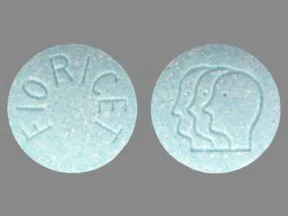


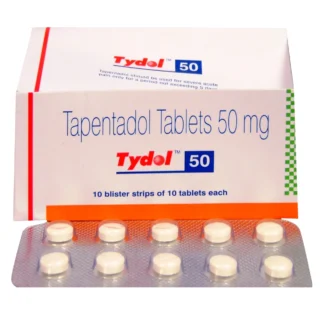

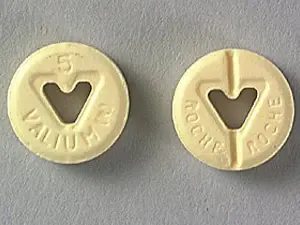


Leave a Reply